2010. Some rights reserved. This volume is released under a Creative Commons Attribution Non-Commercial No-Derivatives 3.0 license. This license permits non-profit sharing, downloading, and reproduction of this book as an unbroken unit, provided that attribution is properly assigned.
To learn more, visit creativecommons.org .
Copyrights to individual stories are reserved by each contributor to this book.
For full copyright information, see .
First Edition, October 2010.
ISBN-13: 978-0-9821671-2-0
10 9 8 7 6 5 4 3 2 1
| Author - Illustrator |
|---|
| Camille Alexa - Shannon Wheeler |
| Kit Yona - Vera Brosgol |
| Jeffrey Wells - Christopher Hastings |
| K. M. Lawrence - Dean Trippe |
| David Michael Wharton - Brian McLachlan |
| John Chernega - Paul Horn |
| M. Bennardo - Karl Kerschl |
| Camron Miller - Les McClaine |
| J Jack Unrau - Brandon Bolt |
| Chris Cox - Kevin McShane |
| Rafa Franco - Kean Soo |
| Brian Quinlan - KC Green |
| Tom Francis - Jesse Reklaw |
| Erin McKean - Carly Monardo |
| Gord Sellar - Jeffrey Brown |
| Sherri Jacobsen - Kate Beaton |
| Ryan North - Aaron Diaz |
| David Malki ! - Danielle Corsetto |
| Alexander Danner - Dorothy Gambrell |
| Ben Yahtzee Croshaw - Cameron Stewart |
| William Grallo - Scott C. |
| Julia Wainwright - Marcus Thiele |
| Douglas J. Lane - Kelly Tindall |
| Pelotard - John Allison |
| David Malki ! - Jess Fink |
| Jeff Stautz - Kris Straub |
| Shaenon K. Garrity - Roger Langridge |
| Daliso Chaponda - Dylan Meconis |
| James L. Sutter - Rene Engstrm |
| Bartholomew von Klick - John Keogh |
| James Foreman - Ramn Prez |
| C. E. Guimont - Adam Koford |
| Randall Munroe - Kazu Kibuishi |
| T. J. Radcliffe - Matt Haley |
| Illustration by Mitch Clem & Nation of Amanda |
The illustration on the preceding page is by Katie Sekelsky
Preface
This book, unlike most others, started its life as an offhand comment made by a bright green Tyrannosaurus rex. This particular dinosaur is the main character in Ryan North's "Dinosaur Comics," and just a few pages ago, you saw how excited he got about his story idea.
And he was far from alone! After Ryan published the comic in which T-Rex laid out his "machine of death" concept, readers immediately began to speculate about this machine and the world it might inhabit. So we posted an open call for submissions, inviting writers to take the idea and run with it however they liked. Now, a few years later, here are thirty of our favorite submitted stories, as well as four by us, that explore that premise. It turns out that T-Rex was right: it's a fantastic premise indeed.
Of course, some of the oldest stories in the world are about the dangers of knowing too much about the future, and a lot of these deal specifically with how people are going to die. (T-Rex would probably point out that he beat Shakespeare and the Greeks to the punch by at least 65 million years, but we're still waiting for the dated documentary evidence to back that up.)
But the funny thing is that these kinds of stories have a way of always being compelling. If we're honest, we'd all have to admit that we'd like to know at least some things about the future - no matter how often we say we don't want to. Yet none of us really have any say in the matter one way or another. We will never get to stand in front of an oracle or a blood-testing machine and have to choose between knowing and not knowing.
Perhaps that's why so many of these stories end badly for the characters who do want to know. We all want perfect knowledge of the future, but we can't have it, so we make up stories to convince ourselves that we shouldn't want it. Sour cosmic grapes. But don't think for a moment that this is a book full of stories about people meeting their ironic dooms. There is some of that, of course. But many more of the stories take the premise as an invitation to explore all kinds of different and surprising worlds. All told we received 675 submissions from writers on five continents, amateurs and professionals alike, ranging across adventure, horror, mystery, fantasy, sci-fi, humorevery existing genre and a few new ones as well.
You'd think that after the first 500 stories or so, we'd have seen it all. But right up until the very end of the reading period, we were still discovering gemsnew insights, new characters, new worlds, new twists to the premise. As editors, our biggest challenge soon became picking stories that not only were all excellent (that was the easy part), but that also represented the true diversity of ideas and approaches that we received.
So sit back and take a moment to look over the table of contents. Start at the beginning or just pick the title that sounds most intriguing to you. Either way, there's no telling for sure exactly what you'll get. Prepare to have your tears jerked, your spine tingled, your funny bone tickled, your mind blown, your pulse quickened, or your heart warmed. Or better yet, simply prepare to be surprised. Because even when people do have perfect knowledge of the future, there's no telling exactly how things will turn out.
Ryan North, Matthew Bennardo & David Malki !
Introduction
The machine had been invented a few years ago: a machine that could tell, from just a sample of your blood, how you were going to die. It didn't give you the date and it didn't give you specifics. It just spat out a sliver of paper upon which were printed, in careful block letters, the words "DROWNED" or "CANCER" or "OLD AGE" or "CHOKED ON A HANDFUL OF POPCORN." It let people know how they were going to die.

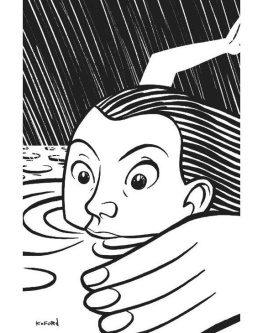
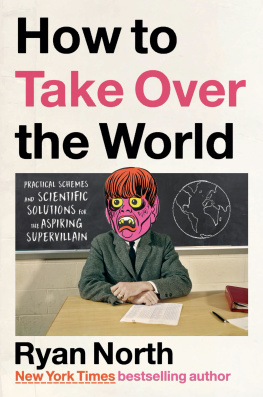
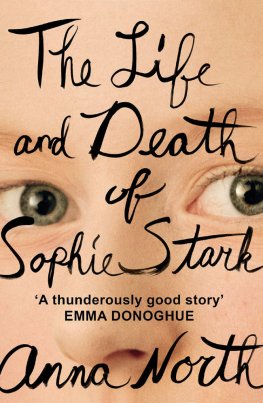
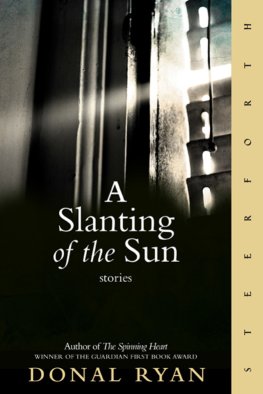

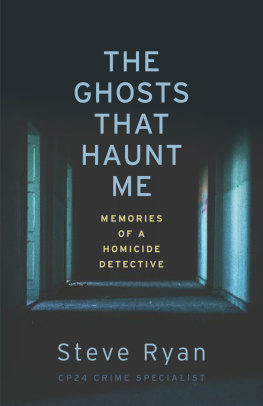
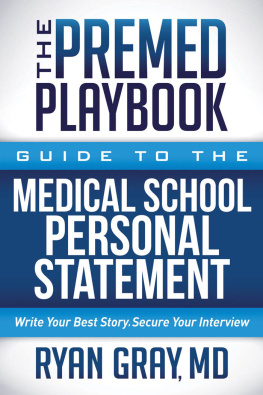
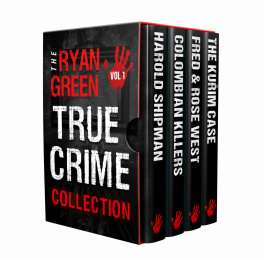
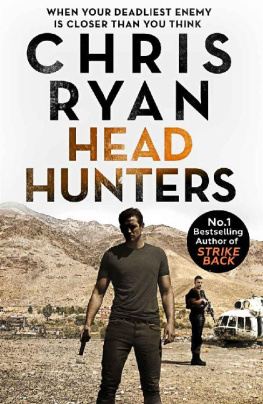
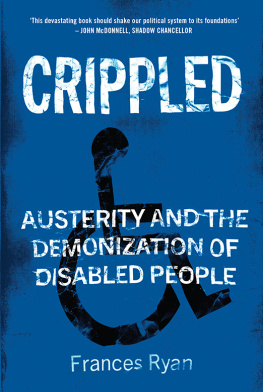
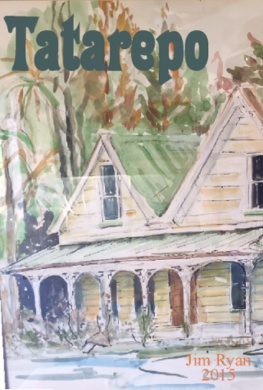







 BEARSTACHE BOOKS VENICE CALIFORNIA
BEARSTACHE BOOKS VENICE CALIFORNIA